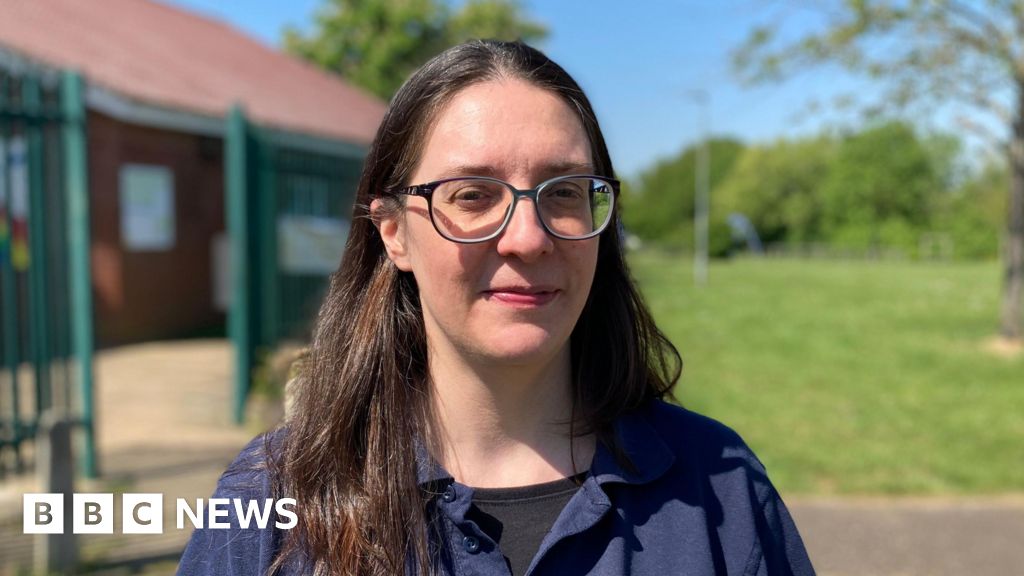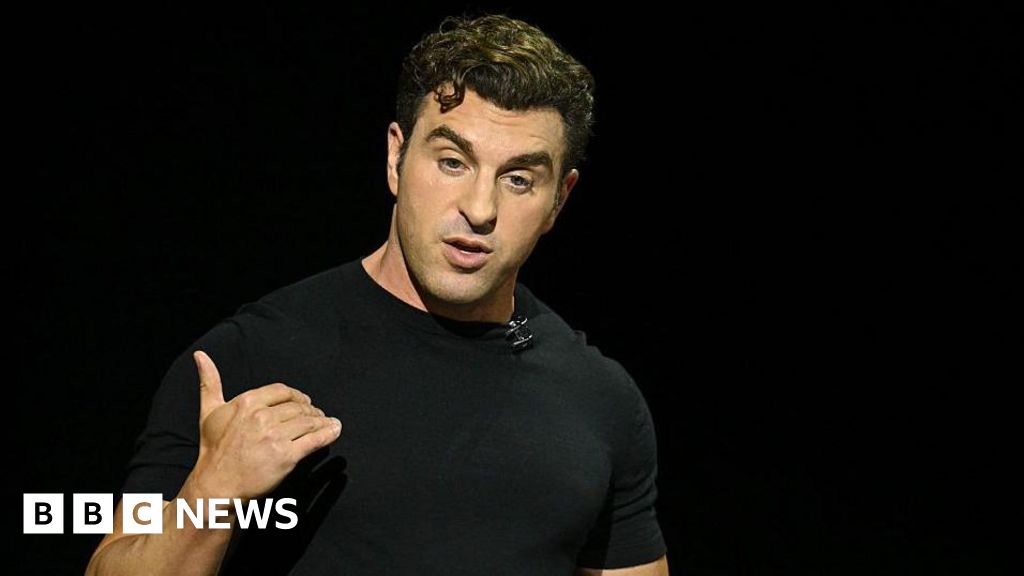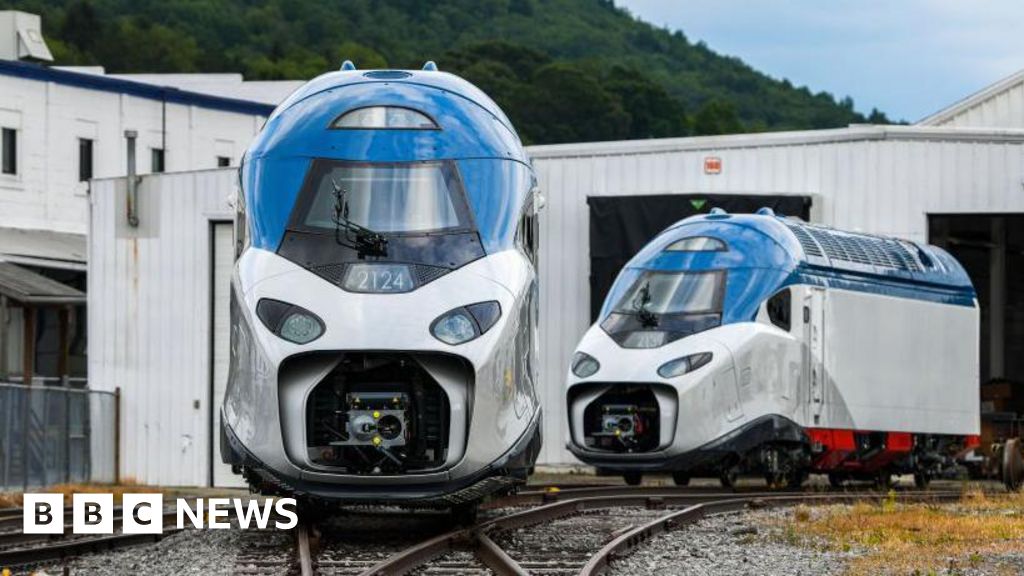ARTICLE AD BOX
Mortgage costs are still the biggest challenge facing homebuyers and those coming to the end of fixed-term deals, the UK's biggest mortgage lender has said.
However, the squeeze caused by higher interest rates is likely to ease gradually as incomes rise and house price growth remains subdued, said Amanda Bryden, the head of mortgages at Halifax.
According to the lender's latest figures, the average UK house price was relatively flat in June, falling by 0.2% from the previous month.
The average house price in the UK stood at £288,455 last month, the Halifax said, edging down from £288,931 in May.
Prices were up 1.6% from a year earlier, echoing recent figures from the Nationwide building society.
Ms Bryden said, however, the market was "delicately balanced" and sensitive to how quickly any changes may be made to the Bank of England's base rate.
The UK's central bank began to raise its key interest rate in late 2021 in an attempt to tackle soaring inflation. Prices rose as pandemic-related restrictions eased, causing supply chain crunches, and food and energy prices spiked following Russia's invasion of Ukraine.
The Bank's base rate currently stands at 5.25%, the highest level in 16 years.
However, at its last rate-setting meeting, the Bank appeared to hint that it could cut rates at its next meeting on 1 August.
Despite this, many homeowners now coming to the end of a fixed-rate deal are facing mortgage rates much higher than they have become used to.
Last week, the Bank said that about three million households are set to see their mortgage payments rise in the next two years.
The current average rate for a two-year fixed deal is 5.93%, although this is lower than last year's peak of 6.86%.
In its latest figures, Halifax said that Northern Ireland saw the fastest regional house price growth, up 4% from a year earlier.
London still has the most expensive property prices, now averaging £536,306.

 10 months ago
41
10 months ago
41








 English (US) ·
English (US) ·